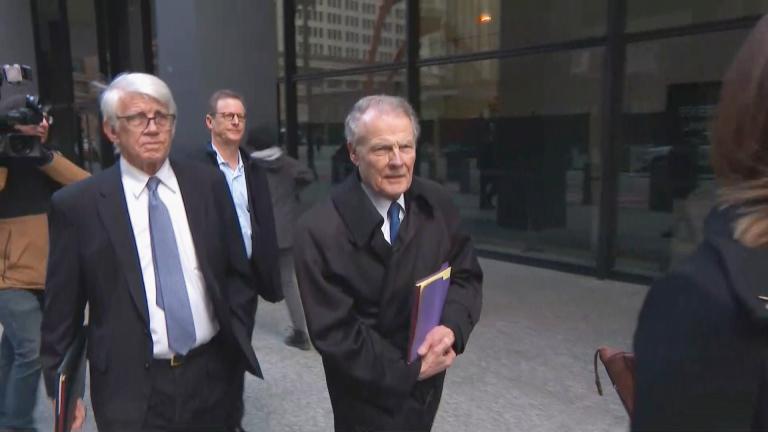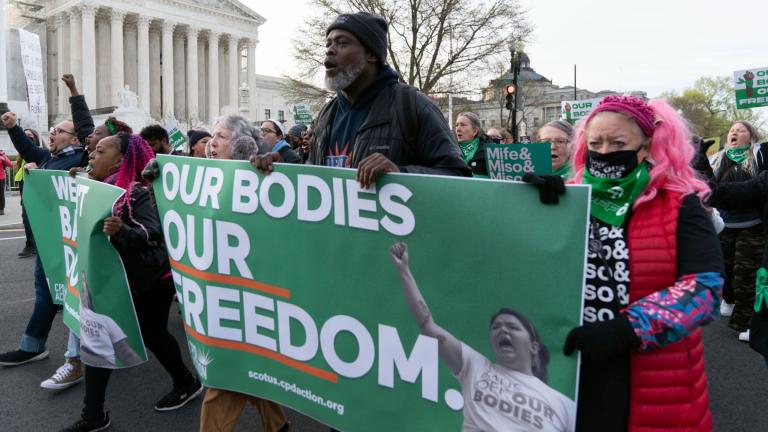Although a ninth judge has yet to be confirmed to the U.S. Supreme Court, the show must go on.
The eight justices returned to the Temple of Justice this week with a new set of lawsuits to be heard. It's not the flashy docket of cases seen in the past, but from partisan gerrymandering to sex discrimination to the death penalty, there are plenty of important ones for the highest court to rule on, or to tie on
Below, a look at some of this session’s cases.
Madison v. Alabama
A capital case argued Tuesday looks at revisiting the death penalty and whether a person who does not remember the crime can be executed.
“Just from the accounts of [the argument], it sounds as if it may be decided in a fairly narrow ground,” said Andrew Schapiro, a partner at the law firm Quinn Emanuel who clerked for former Justice Harry Blackmun from 1992-93.
“Chief Justice John Roberts may play the role of the swing justice that [former Justice] Anthony Kennedy used to play here by trying to find a ground on which there can be compromise,” he said.
So is it time to forget about partisanship?
“I think the justices do think about how the institution of the Supreme Court appears, and a chief justice does that especially,” said Nancy Marder, a professor of law at the Chicago-Kent College of Law who clerked for former Justice Stevens from 1990-92. “So I think Chief Justice Roberts will think very carefully about the image and how it’s portrayed.”
Gamble v. United States
This case involves the double jeopardy clause, which prohibits anyone from being prosecuted twice for the same crime. But there’s one exception: Under the separate sovereigns doctrine, the person who was acquitted or convicted for the crime can be tried again by a different sovereign.
“For example, the Cook County State's Attorney tries you under Illinois law and you’ve been acquitted or convicted – then the U.S. government and the U.S. Attorney’s Office could still charge you under federal law for that same crime,” said Michael Scodro, a partner at the law firm Mayer Brown. “The court is being asked to consider overruling that exception, and that’s super fascinating.”
Scodro, who clerked for former Justice Sandra Day O’Connor from 1998-99, said it’s more likely than not that the Supreme Court will overturn a longstanding precedence.
“But now that it’s four conservative and four liberal justices, and if the court remains that way when this is argued … to me that would seem a potential candidate for a 4-4 tie,” he said.
Gerrymandering
Three cases on whether politicians can draw voting districts that give one political party an edge over another may be heard again by the Supreme Court. The outcome of these cases – out of North Carolina, Wisconsin and Maryland – could change the makeup of electoral maps.
“The gerrymandering issue is still very much alive, which is both a political and legal issue, because the courts didn’t really resolve it earlier,” Schapiro said. “There are cases making their way up the chain in the lower courts that could make their way up to the Supreme Court.”
Schapiro, Mader and Scopro join us in discussion.
Related stories:
‘Schoolhouse Gate’ Highlights Supreme Court’s Power Over Schools








